We also discussed two books:
Steve Almond's "Not That You Asked" which is a great book for looking at strong authorial voices, most of the class really appreciated the review of a visit to the library to review Kurt Vonnegut's writing.
and
Gretel Erlich's "The Solace of Open Space" which is a great book for looking at the rich depth that essays and memoir can contain in terms of detail. She uses a brief narrative arc to order her essays, mostly focused on a quest where she overcomes her grief at the death of her fiance and eventually marries another, but also the quest to become a worker on a Montana sheep ranch.
Both authors were available for our workshop for a question and answer session.
Gretel Erlich focused most on her research work and how she worked in the field to collect information. Steve Almond discussed a basic model of narrative fiction, some problems and how he chooses assignments.
In our workshop, we also discussed which scenes from our thesis would best work for each of two readings for which we'd provide material:
- a two minute selection to be read by our thesis advisor (Robert Root for me) at graduation
- a eight to ten minute selection to be read for the graduate student reading.
My husband captured mine on video, I hope to load them and make those available.
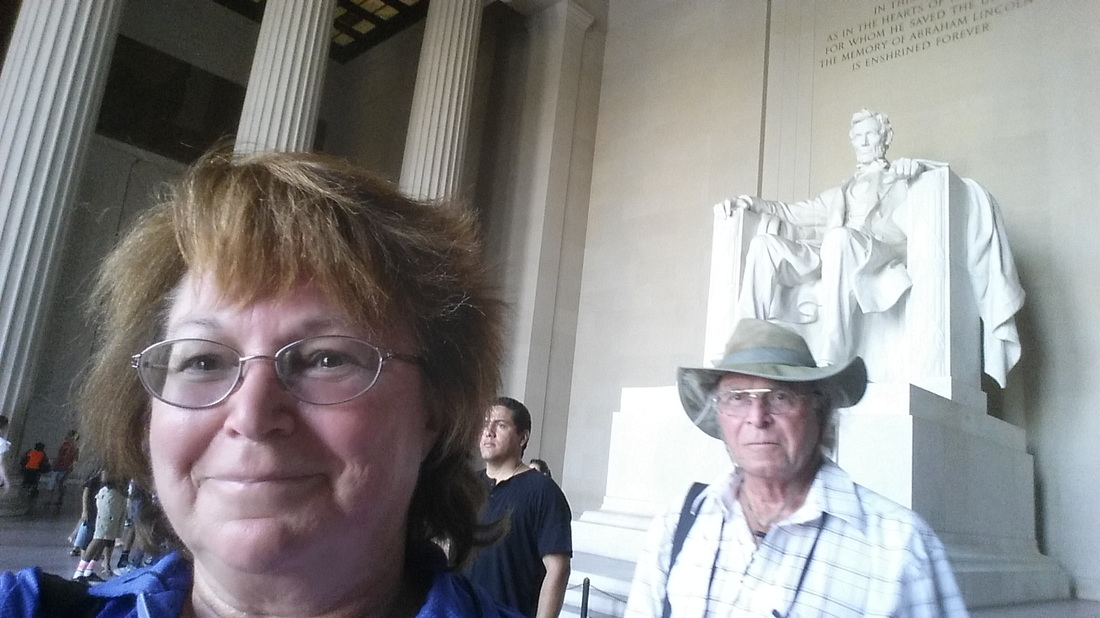
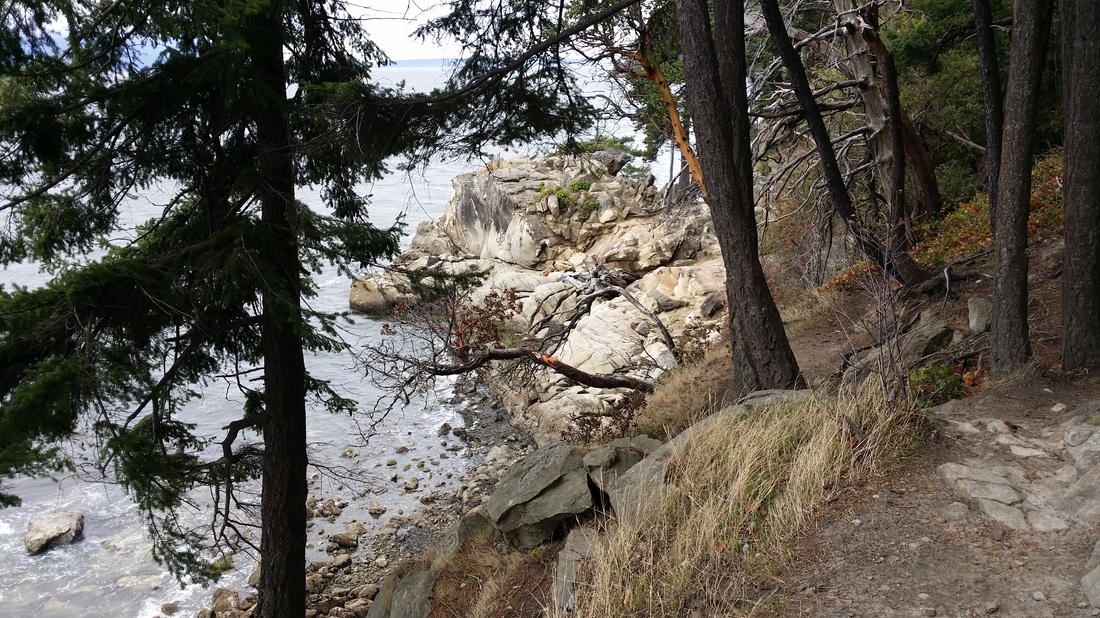
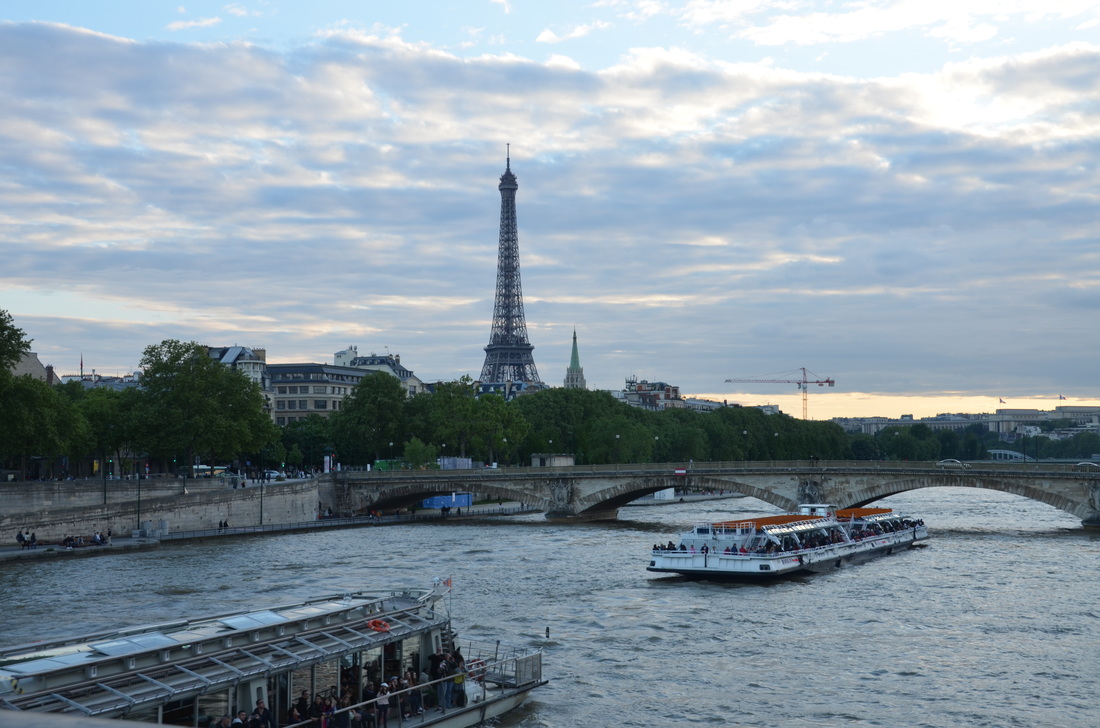
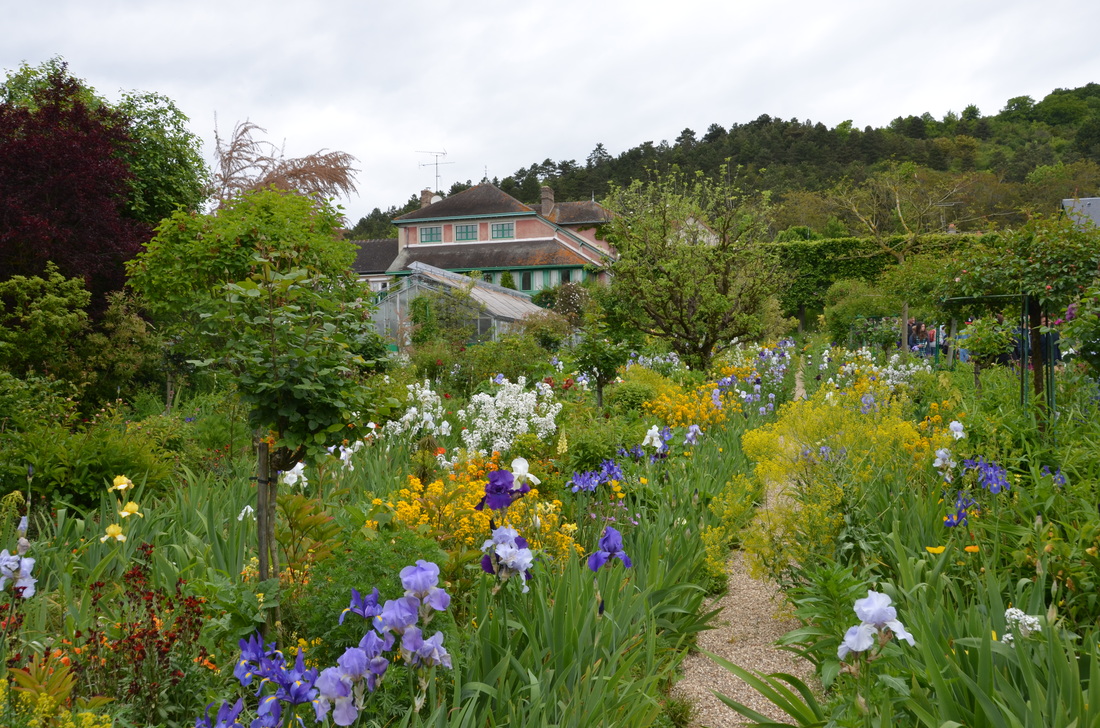
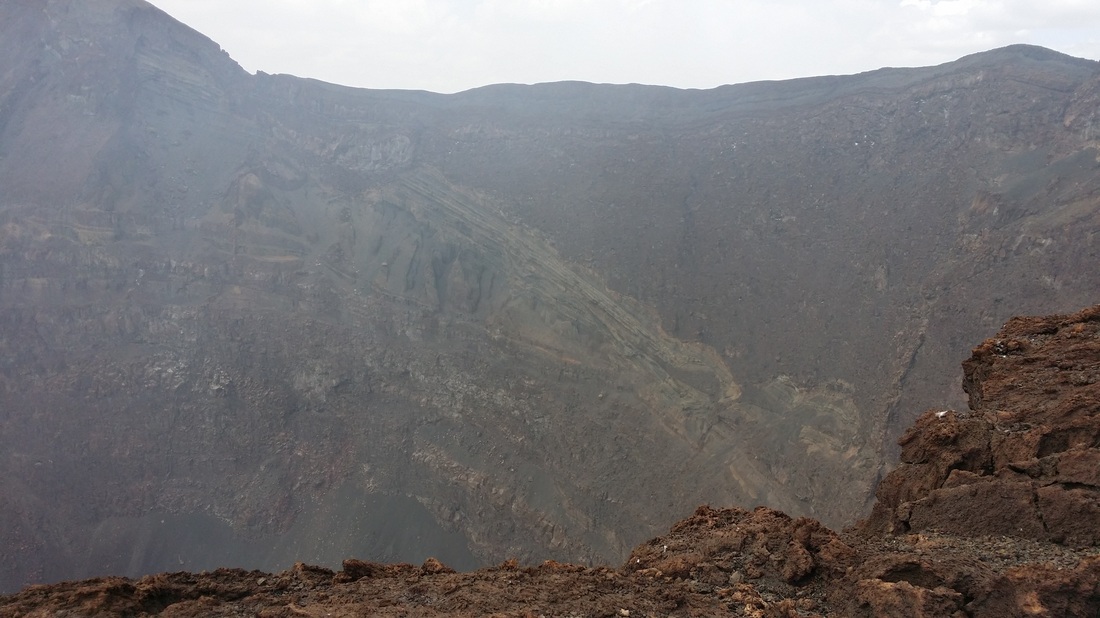
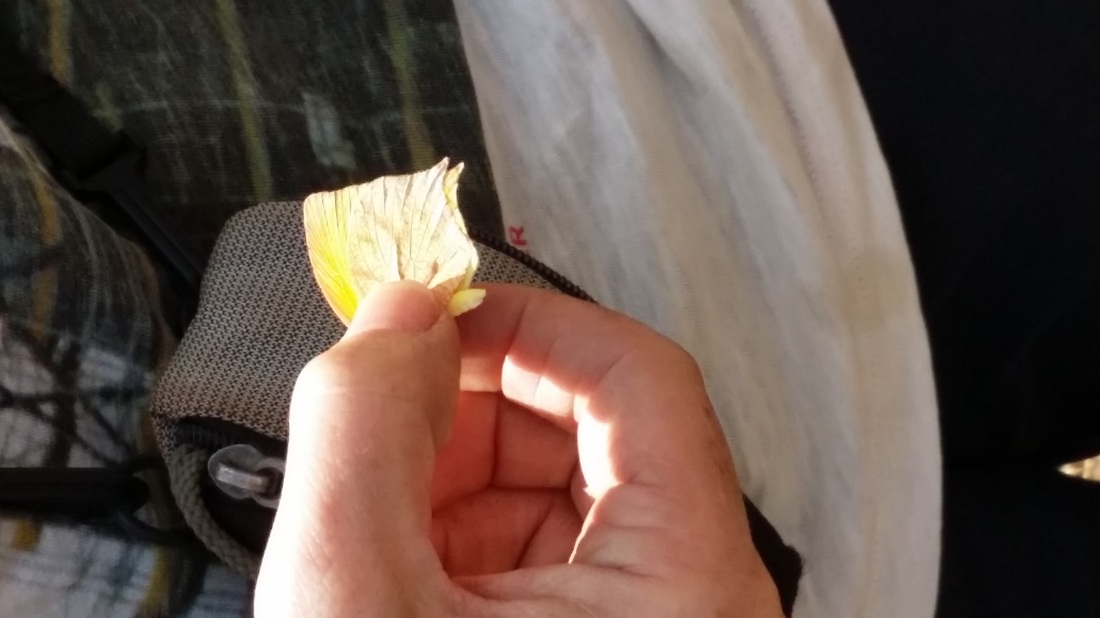
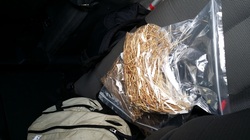
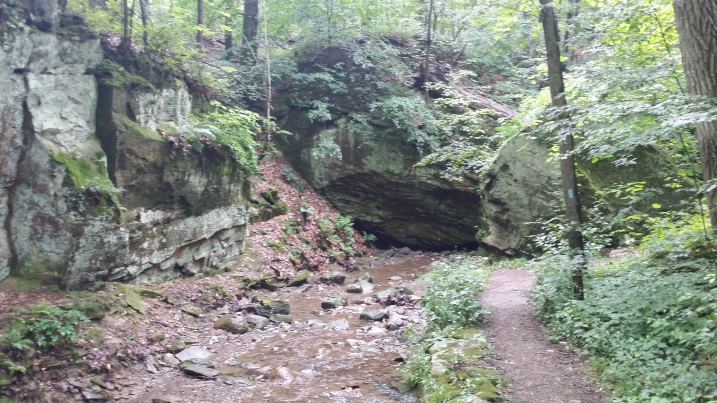
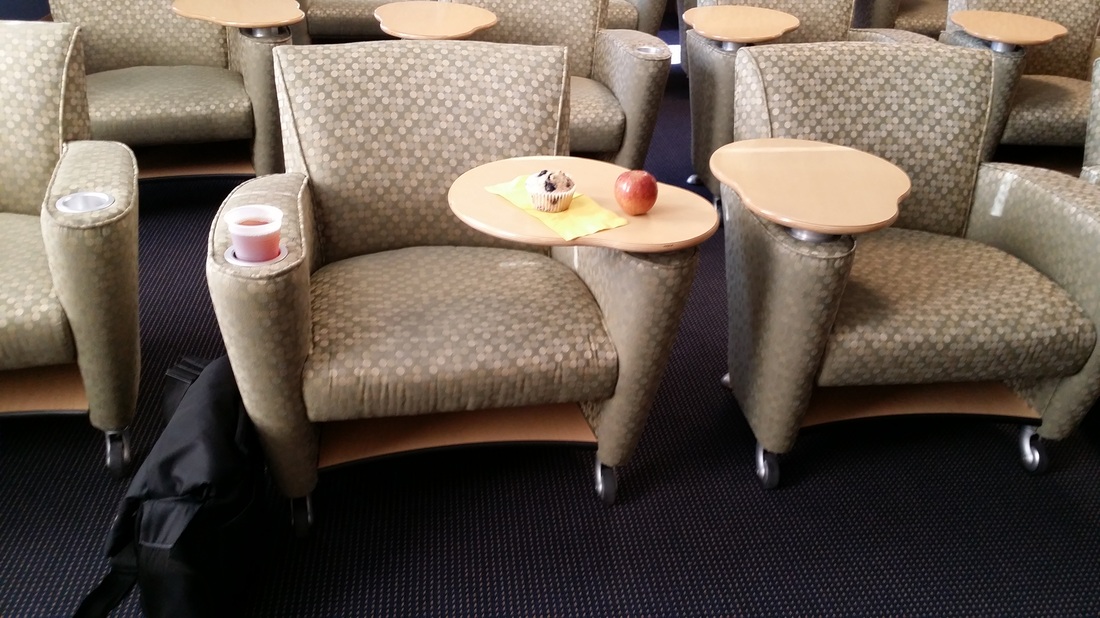
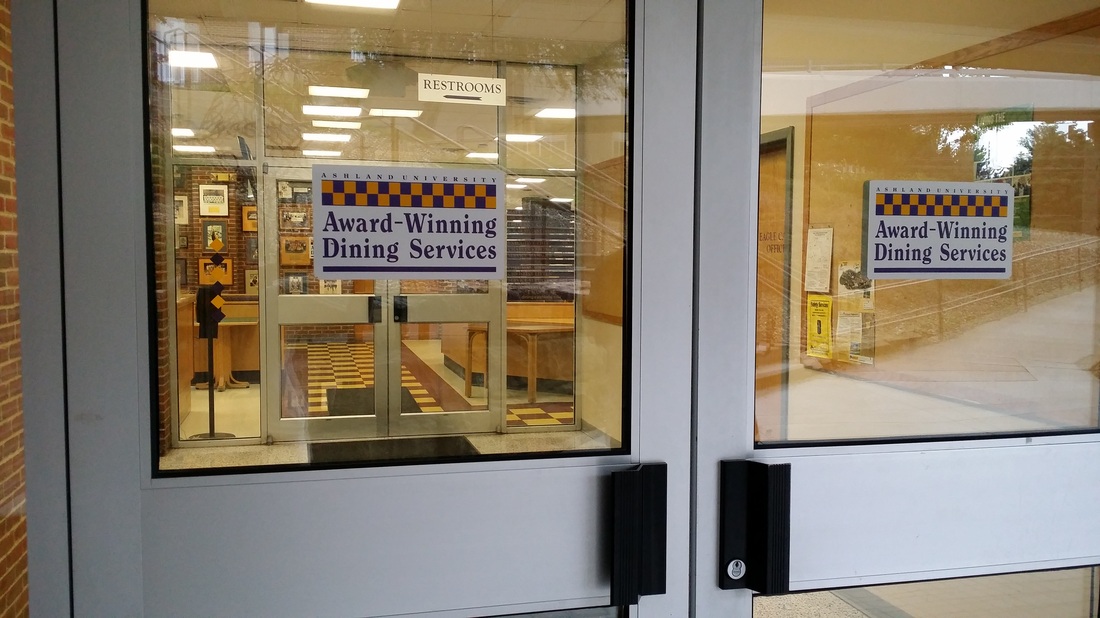
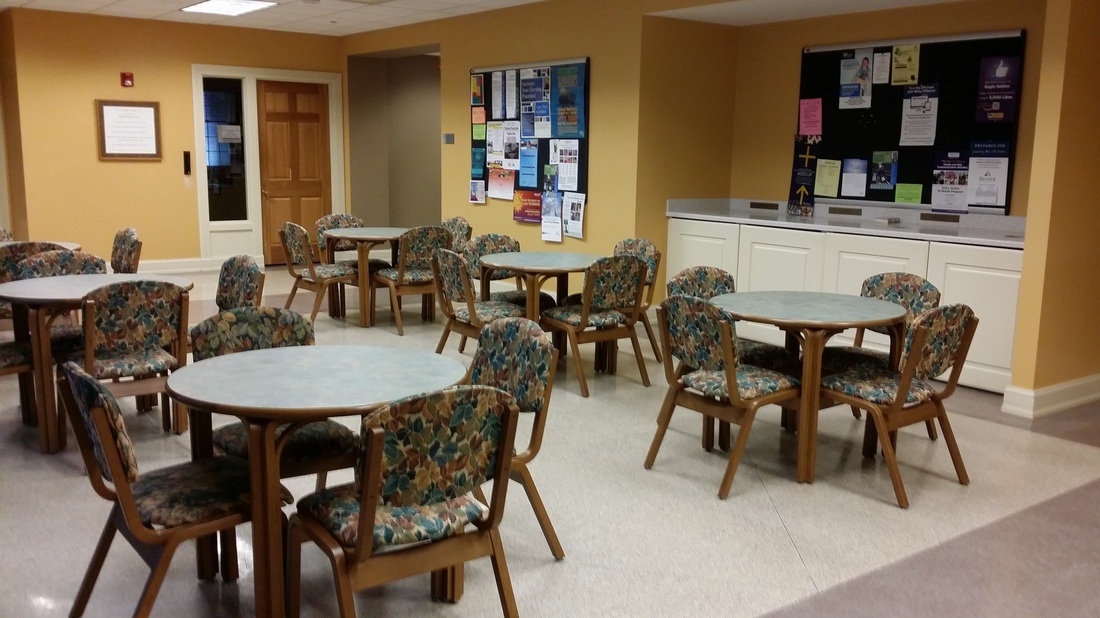
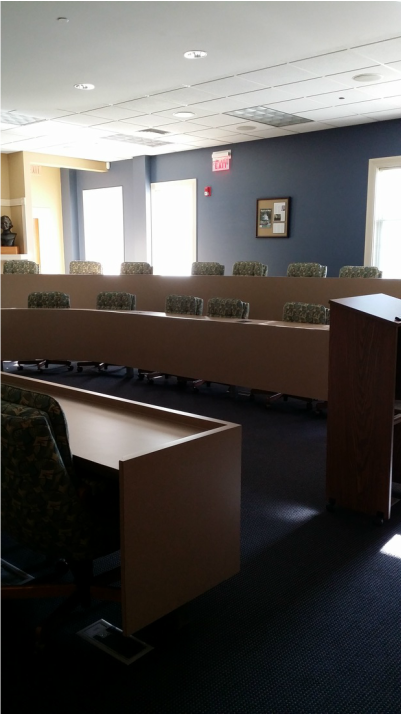
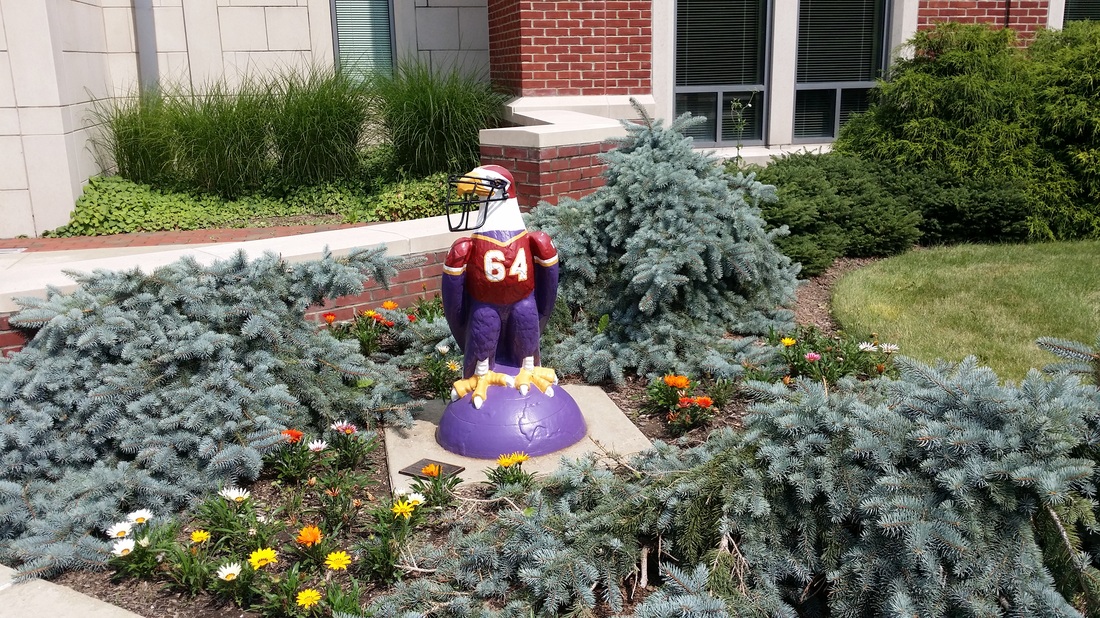
 RSS Feed
RSS Feed